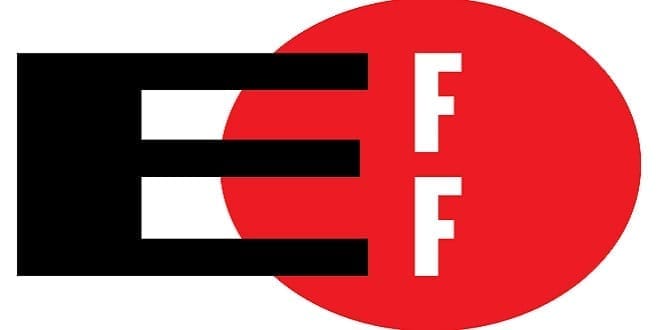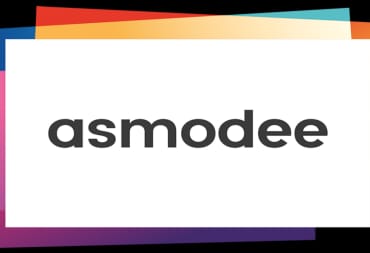ICANN is considering a proposal that could drastically effect the privacy of domain owners. It's possible for anyone to do a WHOIS lookup to find the personal details of who has registered a particular domain, such as their name, phone number, and address. However, many domain owners wish to keep their personal details private. They use proxy registering services. When a WHOIS search is done, the contact information belonging to the third-party service will be shown, and the actual domain owner maintains their privacy.
A new rule being considered by ICANN would ban the usage of proxy registering services for any domains used for commercial purposes. The Electronic Frontier Foundation raises concerns as to how broadly "commercial purposes" might be interpreted. In some jurisdictions, courts have rules that any site which runs ads, such as Google AdSense, would be considered commercial. ICANN itself has not yet adopted any standard as to what exactly would constitute "commercial purposes."
This proposal is being pushed by entertainment companies in the United States, who want to make it easier to accuse domain owners of copyright and trademark infringement. This rule is not actually necessary. It's already possible for companies to get a court-ordered subpoena, which would compel proxy registering services to hand over contact details of the actual domain owner. The only reason for pushing this new rule would be to bypass the legal system entirely and rely on direct intimidation.
Many individuals post copyrighted content that is protected by fair-use for the purpose of review and criticism, but are nevertheless hounded by copyright holders. In many cases the threat of a lawsuit is enough to get these individuals to take down content, since they don't have the resources to fight major entertainment companies. Getting access to domain owners' contact information without a court order would be a powerful tool for companies to strong-arm individuals into removing content.
Although there seems to be little good that can come out of this new rule, there are numerous negative consequences. People who have to deal with stalkers have a very good reason to keep their address private. Additionally, anonymity can be used by whistleblowers to expose corruption and abuses by those in powerful positions without fear of retaliation. Removing the important safeguards that anonymity provides to make life a little easier for entertainment giants is a poor trade-off.
In order to stand up for privacy and anonymity of domain owners, an online petition was started, which will be delivered to ICANN on July 7, the final day ICANN will be considering comments on this topic. Another site is organizing a phone and email campaign to contact ICANN before July 7.
Do you think this is a sensible rule for ICANN to adopt, or is it a mistake? Leave your comments below.







